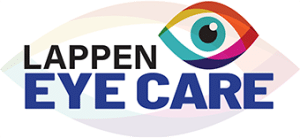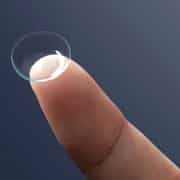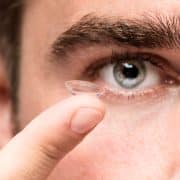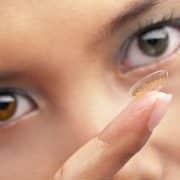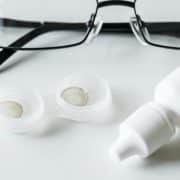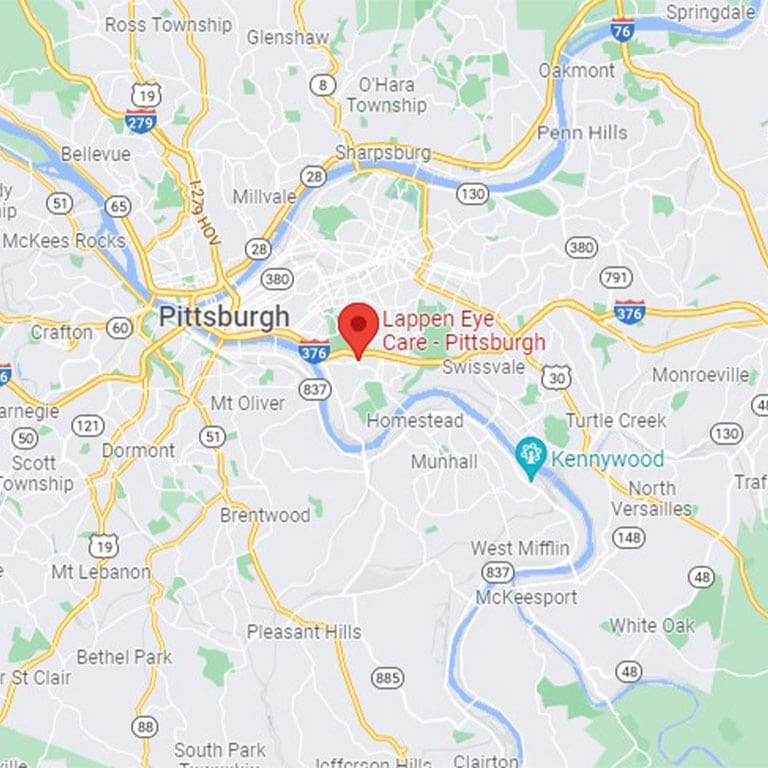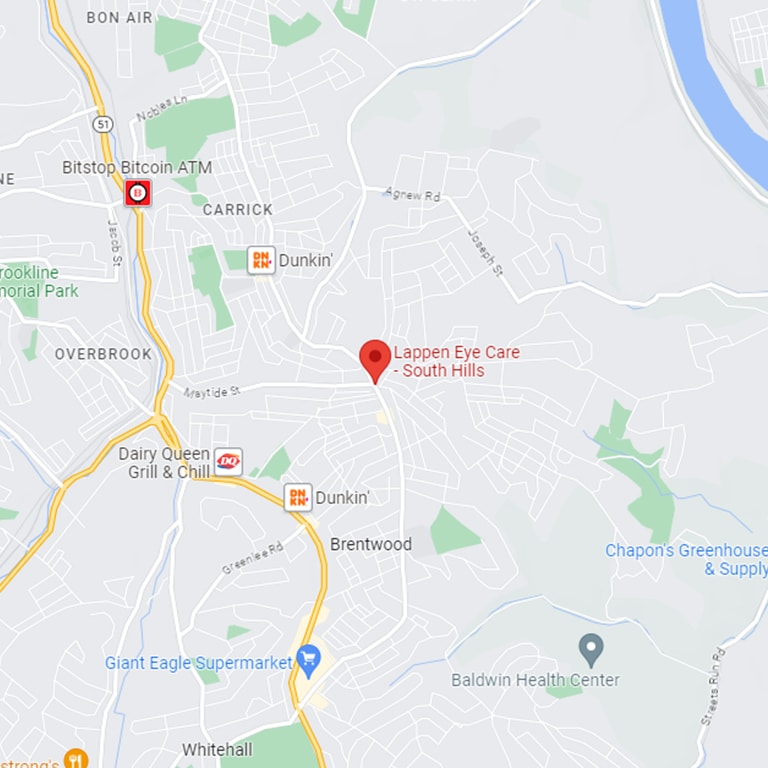What Are the Best Contact Lenses on the Market?
When products first debut on the market, there may be just one or two options. As the list of products grows, it’s easy to get lost in the sea of options. The flipside is that it’s easier than ever to find the right solution for you. Here, we’ll look at how to evaluate contact lenses in McMurray, PA, and why it’s so important.
What Are the Best Contact Lenses?
Everyone has their system when it comes to choosing contact lenses. Some people only want contact lenses that drastically change their eye color, while others want lenses that can handle a long day of staring at screens. No matter what criteria you’re using, it’s important to find lenses that don’t harm your vision and ultimately help you feel more comfortable throughout the day.
Your Lifestyle and Your Lenses: Making the Right Choice
Choosing the right lenses comes down to your lifestyle. For example, daily disposables offer convenience to anyone who doesn’t want to go through the ritual of cleaning their lenses. Some brands, like Alcon, specifically make dailies for people with severely dry eyes, which can make it easier for people who struggle with this condition to keep their contacts in all day.
While dailies may cost extra in the short-run, an eye doctor in McMurray can tell you it’s far better to preserve your long-term optical health (and avoid expensive emergency services down the line). If you have normal optical health and want to save a little money, you can consider monthly contacts to drive down costs.
Contact Lenses in McMurray, PA
From astigmatism to myopia, contact lenses can be a great way to clear up your vision without the help of glasses. If you want more personalized recommendations, schedule an appointment with Lappen Eye Care today!

